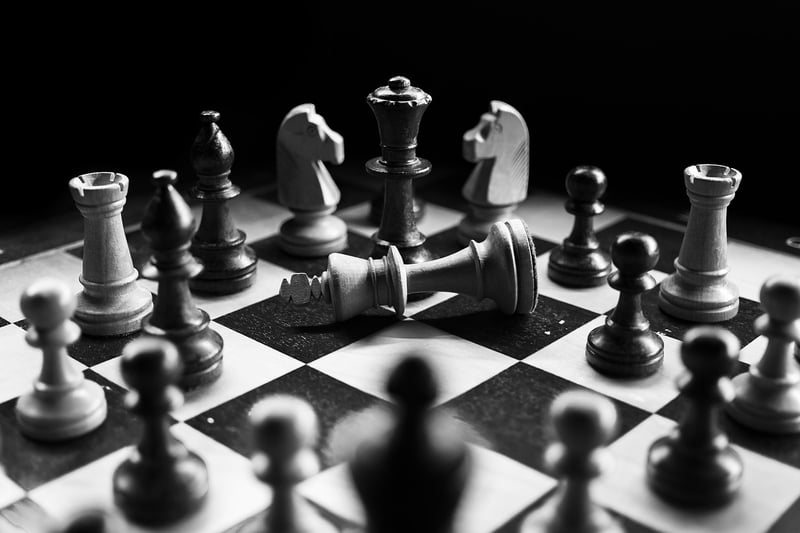Causality Dilemmas
Unraveling the Mysteries of Time's Complexities and Causality Dilemmas
Time, a concept that intrigues and perplexes us, has been a subject of fascination and contemplation for centuries. From the ticking of a clock to the grand revolutions of celestial bodies, time governs our existence in ways both tangible and abstract. In this article, we delve into the complexities of time and explore the enigmatic nature of causality dilemmas.
The Illusion of Linearity
One of the fundamental aspects of time is its perceived linearity. We experience time as a continuous flow, moving inexorably from the past through the present and into the future. However, physicists and philosophers have long debated the true nature of time, questioning whether it is indeed a linear progression or a more complex phenomenon.
Time Dilation and Relativity
According to Einstein's theory of relativity, time is not a fixed and absolute quantity but is instead relative to the observer's frame of reference. This concept leads to mind-bending phenomena such as time dilation, where time can appear to slow down or speed up depending on the observer's relative motion.
Causality Dilemmas
Causality, the relationship between cause and effect, is intricately linked to our understanding of time. Causality dilemmas, such as the famous grandfather paradox, raise perplexing questions about the nature of causation and the possibility of time travel.
Exploring the Unexplainable
As we unravel the mysteries of time's complexities and causality dilemmas, we are faced with the realization that some phenomena may remain beyond our current understanding. The enigmatic nature of time invites us to ponder the profound questions of existence and our place in the vast tapestry of the universe.
Discover more about the mysteries of time and causality dilemmas:


